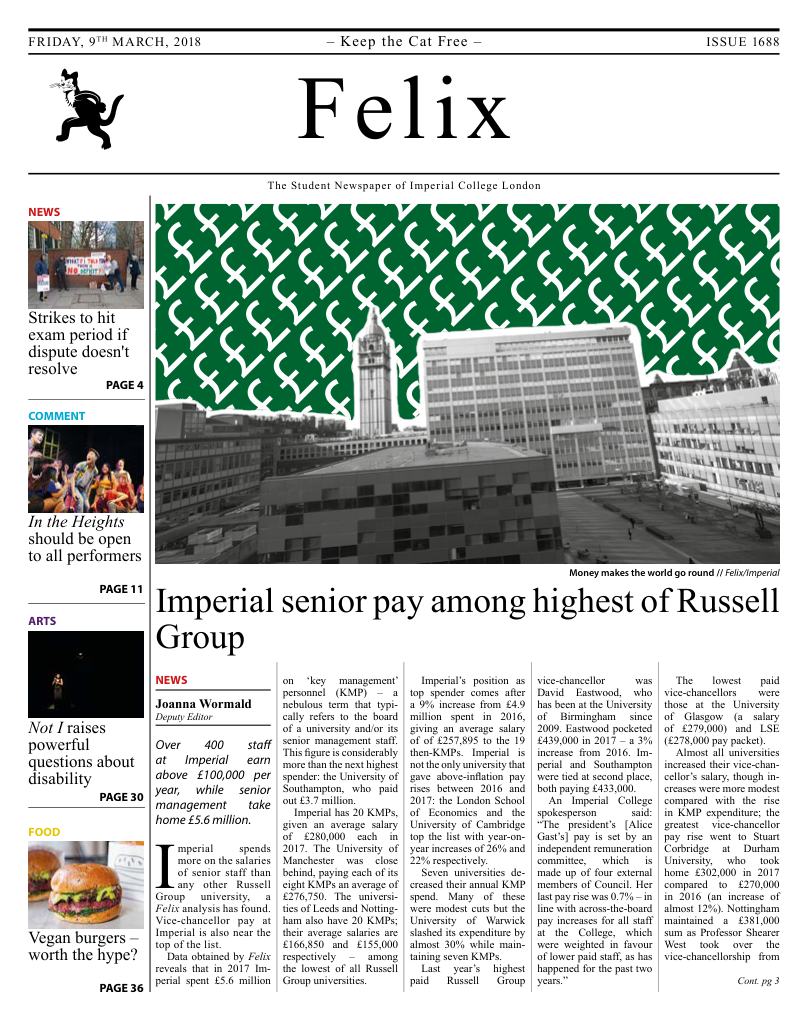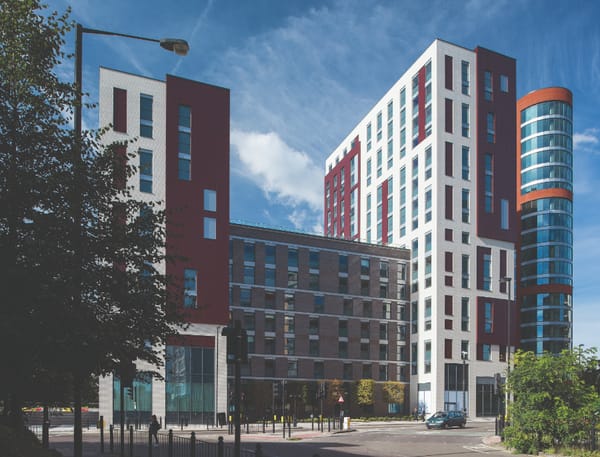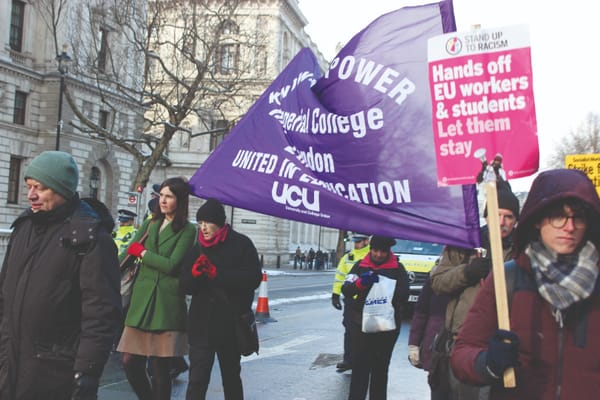Imperial senior pay among highest of Russell Group
Over 400 staff at Imperial earn above £100,000 per year, while senior management take home £5.6 million.

Imperial spends more on the salaries of senior staff than any other Russell Group university, a Felix analysis has found. Vice-chancellor pay at Imperial is also near the top of the list.
Data obtained by Felix reveals that in 2017 Imperial spent £5.6 million on ‘key management’ personnel (KMP) – a nebulous term that typically refers to the board of a university and/or its senior management staff. This figure is considerably more than the next highest spender: the University of Southampton, who paid out £3.7 million.
Imperial has 20 KMPs, given an average salary of £280,000 each in 2017. The University of Manchester was close behind, paying each of its eight KMPs an average of £276,750. The universities of Leeds and Nottingham also have 20 KMPs; their average salaries are £166,850 and £155,000 respectively – among the lowest of all Russell Group universities.
Imperial’s position as top spender comes after a 9% increase from £4.9 million spent in 2016, giving an average salary of of £257,895 to the 19 then-KMPs. Imperial is not the only university that gave above-inflation pay rises between 2016 and 2017: the London School of Economics and the University of Cambridge top the list with year-on-year increases of 26% and 22% respectively.
Seven universities decreased their annual KMP spend. Many of these were modest cuts but the University of Warwick slashed its expenditure by almost 30% while maintaining seven KMPs.
Last year’s highest paid Russell Group vice-chancellor was David Eastwood, who has been at the University of Birmingham since 2009. Eastwood pocketed £439,000 in 2017 – a 3% increase from 2016. Imperial and Southampton were tied at second place, both paying £433,000.
An Imperial College spokesperson said: “The president’s [Alice Gast’s] pay is set by an independent remuneration committee, which is made up of four external members of Council. Her last pay rise was 0.7% – in line with across-the-board pay increases for all staff at the College, which were weighted in favour of lower paid staff, as has happened for the past two years.”
The lowest paid vice-chancellors were those at the University of Glasgow (a salary of £279,000) and LSE (£278,000 pay packet).
Almost all universities increased their vice-chancellor’s salary, though increases were more modest compared with the rise in KMP expenditure; the greatest vice-chancellor pay rise went to Stuart Corbridge at Durham University, who took home £302,000 in 2017 compared to £270,000 in 2016 (an increase of almost 12%). Nottingham maintained a £381,000 sum as Professor Shearer West took over the vice-chancellorship from Sir David Greenaway. Vice-chancellors at the universities of Exeter and Oxford both took pay cuts of less than 1%.
High-Earners
In addition to the salaries of KMPs and the president Alice Gast, Imperial also has one of the highest numbers of staff earning more than £100,000. Most of Imperial’s 410 high earners fall into the £100,000-£110,000 pay band and 130 are paid more than £150,000. One individual takes home £460,000-£470,000.
Only Oxford and Cambridge have more high earners than Imperial (485 and 472 high earners respectively). Of these, the majority are again in the £100,000-£110,000 range. The top salaries at Oxbridge however are vastly greater than any other Russell Group university: Oxford employees earn up to £890,000 and Cambridge pays £650,000 to one individual.
The numbers of high earners increased between 2016 and 2017 at the vast majority of Russell Group universities. Notable exceptions are Cardiff University (12 high earners fewer in 2017 than in 2016) and UCL, which had 452 high earners in 2016 but only 391 in 2017.
A College spokesperson said: “Our success depends on attracting world-class talent and our remuneration reflects that.
“Our global rivals recognise the importance of attracting world-class leaders – as do we,” they added.
These figures emerge amid an ongoing row regarding proposed changes to the University Superannuation Scheme – the pension scheme to which most higher education institutions belong. Members of the University and College Union have been striking across the country to protest against restructuring that could see lecturers and academics lose up to 60% of their final pension.
More than 60% of students support the strikes, according to a YouGov poll, and more than 115,000 students have signed petitions calling for refunds of tuition fees. King’s College London has already agreed to reimburse students using the money forfeited by striking staff. Imperial students have received guarantees that they will not be examined on any content not covered as a result of the strike.
The pensions dispute has been exacerbated by recent stories regarding high pay received by vice-chancellors. The average salary of Russell Group vice-chancellors is almost £332,000, rising to nearly £356,000 when employer pension contributions are taken into account. Revelations over the salary, benefits and ‘golden goodbye’ granted to outgoing University of Bath vice-chancellor Dame Glynis Breakwell prompted then-universities minister Jo Johnson to set out plans for a “fair remuneration code” to restore “public confidence”. The code includes requirements for vice-chancellors to recuse themselves from remuneration committees, disclose benefits (such as expenses), and publish data on the wage gap between university chiefs and academic staff.
Details of staff earning more than £100,000 would also have to be published and salaries over £150,000 would have to be justified. Failure to adequately explain high wages could attract fines from the Office for Students.






